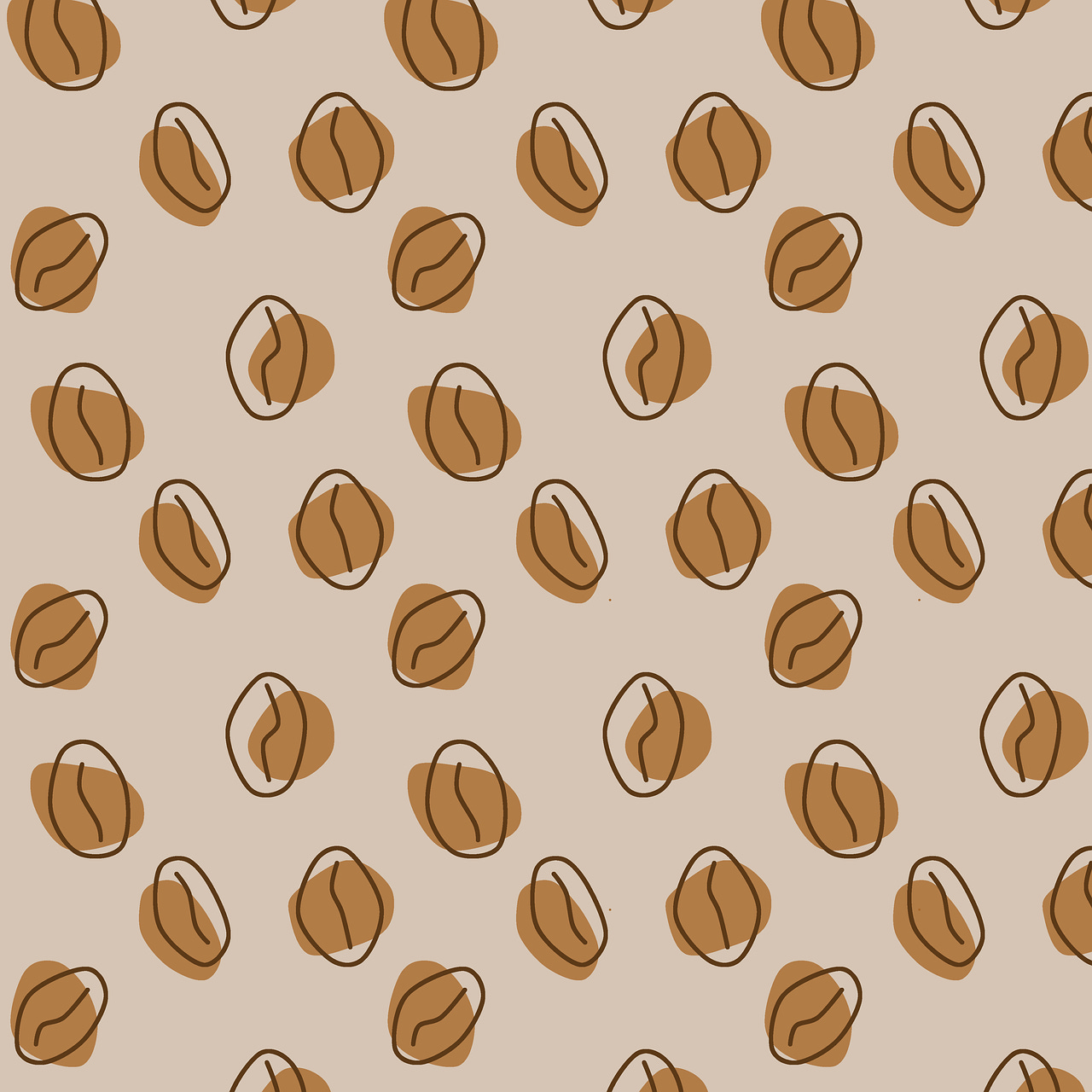Did you drink your morning coffee?
How, in a rapidly evolving world, do we drink more coffee to feel more?
Nikos, the personal symbol of history, gets up early in the morning, around 7 a.m., to enjoy his morning coffee. After grinding it and putting it in his espresso machine, he makes the perfect cup. A few moments later, after drinking it, he wakes up his wife and children and leaves for work.
On the other hand, Christos, the personal symbol of our story from Africa, had a difficult night's sleep. He kept thinking about the "gang" of traders who would come to buy his coffee beans for a few minutes, and then sell them to big brands or as fair trade for a few dozen dollars.
And here, the narrator comes in. Why do we really drink coffee, what is it, and how does it affect our system? And I dare to write, why is its trade so unfair?
Coffee was first discovered when some goats ate its leaves. The producers realized that something was going on with them, so they decided to see what was happening. That's how coffee cultivation began.
It initially spread to small countries that we now associate with tea, such as England. Later, however, it spread to coffee shops, where people could gossip and talk about their bosses while enjoying the company of others and a cup of coffee.
Later, attempts were made to ban coffee as a narcotic, but these were never successful. People had come to associate it with companionship, friendship, and gossip, much as we do today.
Unfortunately, for many decades, most coffee was produced by slaves in South America and Africa.
In addition to the cotton grown by the local "rulers," they also grew coffee. But people didn't like that. And after many years, a revolution took place.
Thus, in recent years, many labels refer to fair trade, i.e., fair trade coffee. But let's get to the point: why do we need coffee to feel more?
The truth is that, beyond the obvious reasons mentioned for waking up or chatting with someone, we drink coffee to adapt to the fast pace of society. And even though the brain can easily adapt to caffeine (see adenosine), we want things to be faster and faster and faster. With the result that we can't keep up with developments.
Perhaps, in the end, coffee is a symbol of humanity, driving us to be faster, more immediate, smarter, and more functional. Perhaps it is a symbol of humanity that pushes us to do more. Or simply to be more.


